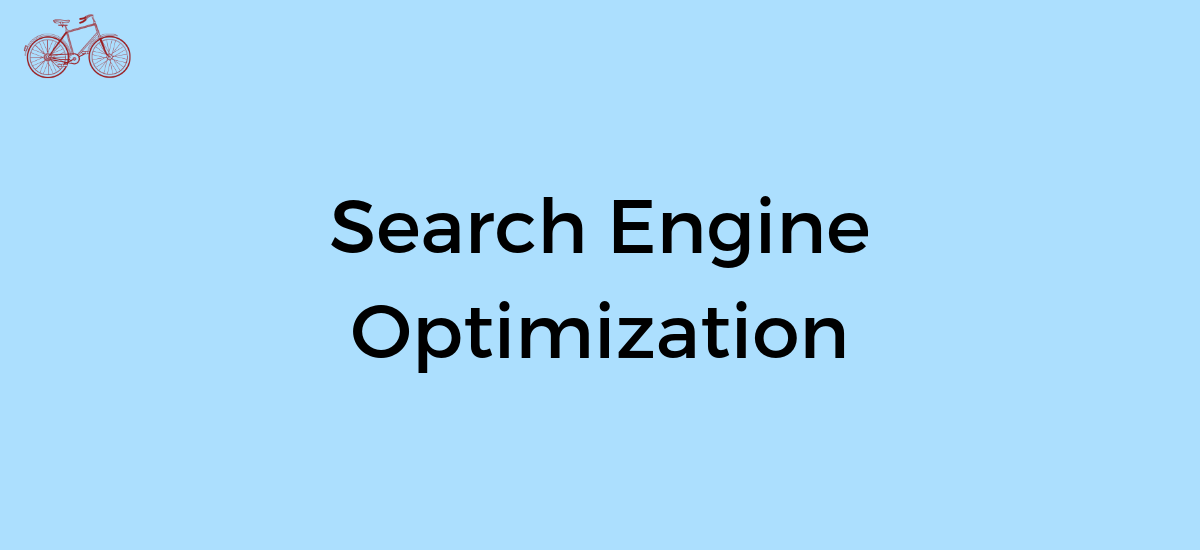A website is important. One that generates awareness is even more important. That awareness comes in the form of traffic from search engines. Gaining that traffic is about making your website visible to people that are important to you. This process is search engine optimization. Or simply, SEO.
Here, we will discuss SEO and some of its basic components.
What is Search Engine Optimization?
Search engine optimization (SEO) is the process of making your content and website visible on the internet by the most, right people. The people that find your content, as it relates to SEO, is organic traffic. This is the traffic that comes from people searching on internet search engines.
Thus, search engine optimization is the process of making your website more visible by more of the right people.
If you depend on people becoming aware of you through your website, then SEO is important.
The SEO Basics
SEO is a commonly misunderstood topic, with a lot of complex information. Though, the process is relatively simple. Since the early 2000s, there are principles of SEO that have gone relatively unchanged.
The basic concept behind a great SEO strategy is creating a lot of really great, really thorough content that provides visitors with useful information.
There are some technical basics that provide increased search engine visibility. But, those do not outweigh the basics today, nor have they since Google became one of the most popular search engines.
Some of the long time SEO basics that have always applied are keywords, content, links, and structure.
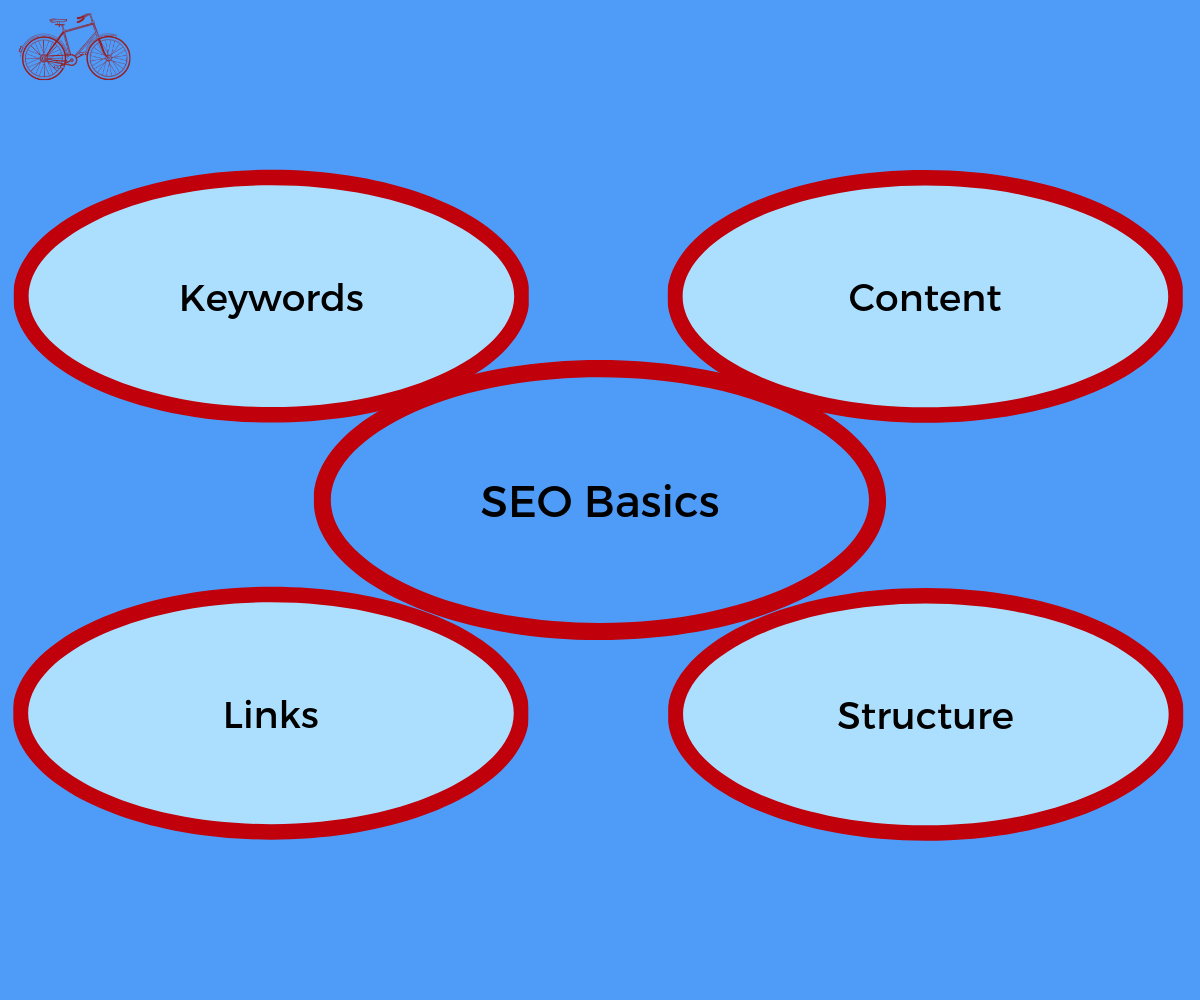
Keywords
One of the first basics is using the correct keywords in a few critical places in your content.
Now, keyword stuffing used to be a thing and it has become less possible as search engines get smarter. But finding keywords, creating quality content about those keywords, then putting those keywords in a few crucial places has always worked.
Some of the places your keyword should show up is in the page URL, in the page title, in one of the page subtitles, in the meta description, and a couple times in the body text of the page. The effectiveness of these areas is hotly debated. But, if you use the correct keyword and put it in these areas, and not too many times in the body text, you will have covered the basics.
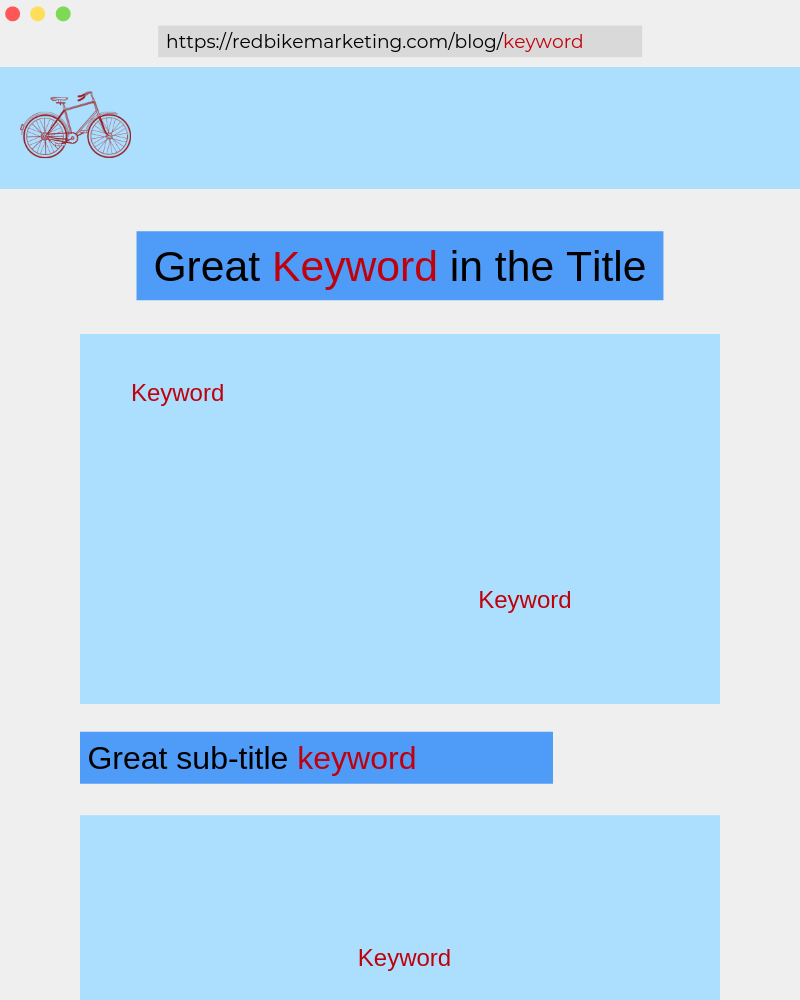
The key to keywords is not to stuff a page with them, but to create a page that is highly relevant and contextual around that keyword. Meaning, it helps whoever is searching for that keyword.
Content
The next basic of SEO is content. That means a lot of really great content.
The reason you need a lot of content is search engines want to give preference to websites that talk a lot about a particular topic. And, a lot of content indicates you refresh your content, you are active, and you have some knowledge about your topic.
The caveat to this is the “great content” statement. Yes, a website needs a lot of content. But, that content has to be great. And, it has to be thorough. That means a website cannot have a lot of really unhelpful pages just to put out content. Great content just means to think like a user and what would best serve their needs when searching for the keyword that content is about.
Content is king. And the best SEO strategy is a great content marketing strategy.
Links
Links are an important aspect to SEO. They operate like research references. Letting search engines know that a piece of content exists and that that piece of content is worthy enough to be a reference.
Links encompass both linking within your own website, as well as getting links from outside websites. Both are important, and both serve a different purpose.
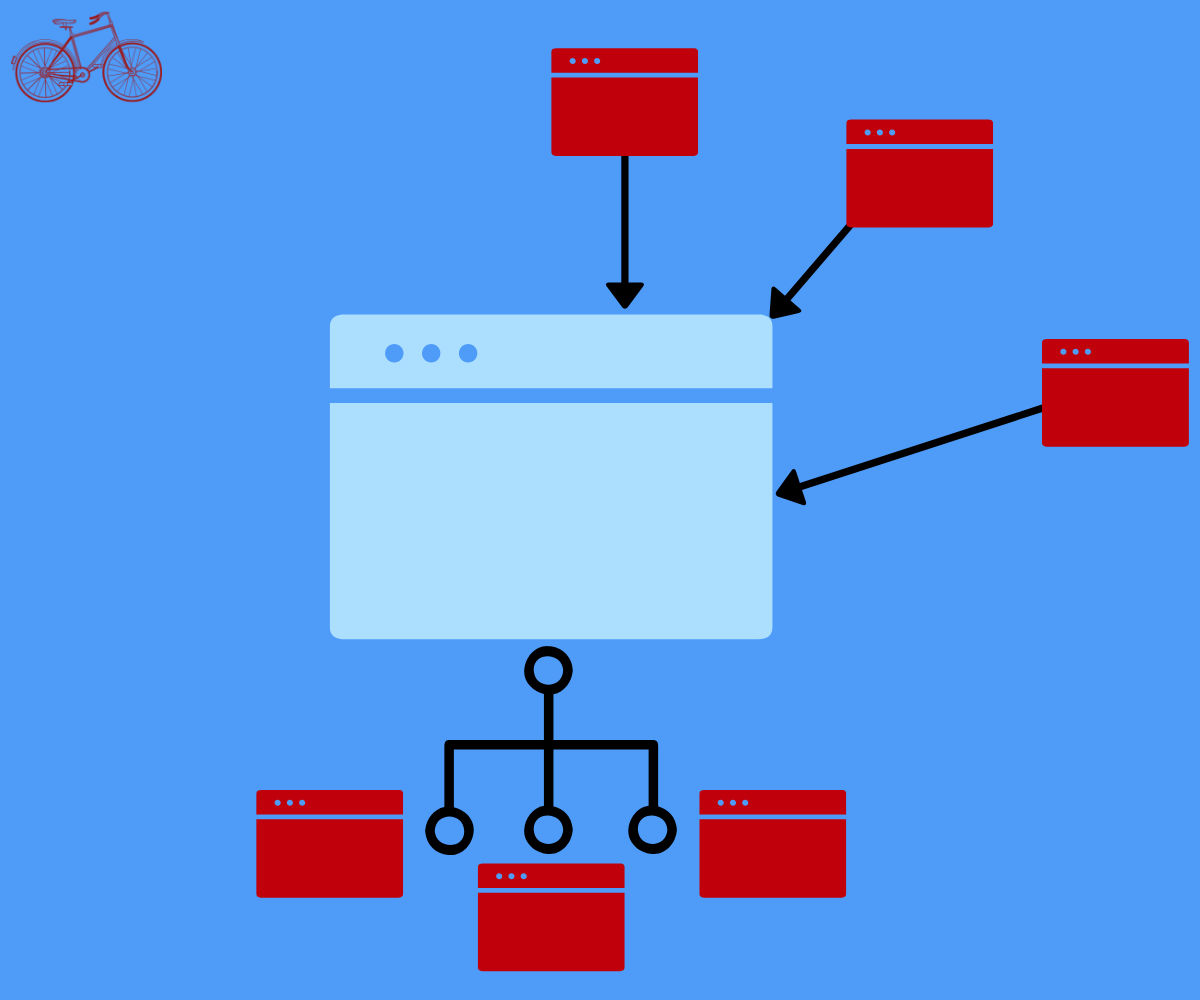
Linking within your website, which is known as internal linking, allows a search engine to find your content. And, it allows a search engine to know what content you view as important.
Links from outside websites, known as backlinks, are also important. These links let search engines know that someone else thinks your content is helpful. This validates the worthiness of your content and your website.
So, building internal links and external links is important to help search engines find your content and understand the importance and worthiness of your content.
Structure
Structure encompasses two areas. The first is the structure of the pages content itself. The second is the structure of the overall website. Again, both are important and both play a different role.
The structure of the pages content is putting content in a format that is easily digestible by the reader. Which, coincides with being easily digestible for a search engine. That means there is a page title that apply describes the content. There are sub headlines that allow for scanning content. There are pictures to help visualize the content. And, the content reads nicely. These make it easier for a reader to consume your content and search engines favor this structure.
The second side of structure is website structure. This means that a website can easily be navigated by a user. And, they can find all the information on your site easily. The nice thing is that if a user can easily find information on your website, so can a search engine. That means, structure your site with the user in mind.
Structure of the contents page and your website help users and search engines better digest your content.
What is On-Page SEO?
On-page SEO, also known as on-site SEO, is all of the things you have control over in the SEO formula. That means the keywords you choose, the content that is written, how your pages and website are structured, and the internal links you use.
This is controlling your website and content pages and making them as easily visible as possible. Hence, “on-page SEO”. It is everything that is on your page.
Cover the basics we discussed above on your pages, and you have performed on-page SEO.
What is Off-Page SEO?
Off-page SEO, also known as off-site SEO, is about getting attention to your website from other websites and channels.
Off-page SEO consists of getting links from other websites, which are our backlinks. But, search engines also look at brand mentions from other websites, even without a link.
So, off-page SEO is about generating overall brand awareness about your website. This can come from the internet and any other traditional marketing channels that help generate awareness of your website.
Off-page SEO is just as important of an SEO factor as on-site SEO, but takes a different strategy and execution.
Search Engine Optimization Strategy
SEO strategy is the strategy that is put in place to execute the SEO basics above, and to tackle the on-page and off-page factors to increase search engine visibility.
The ultimate goal of SEO strategy is to increase qualified organic website traffic. This is the ultimate goal and the ultimate metric.
There are various components to our strategy. The first is understanding our audience. Then, choose the keywords our audience is searching for. Then, create a lot of great content to help our audience.
Lastly, we execute all the technical on-page and off-page SEO tactics.
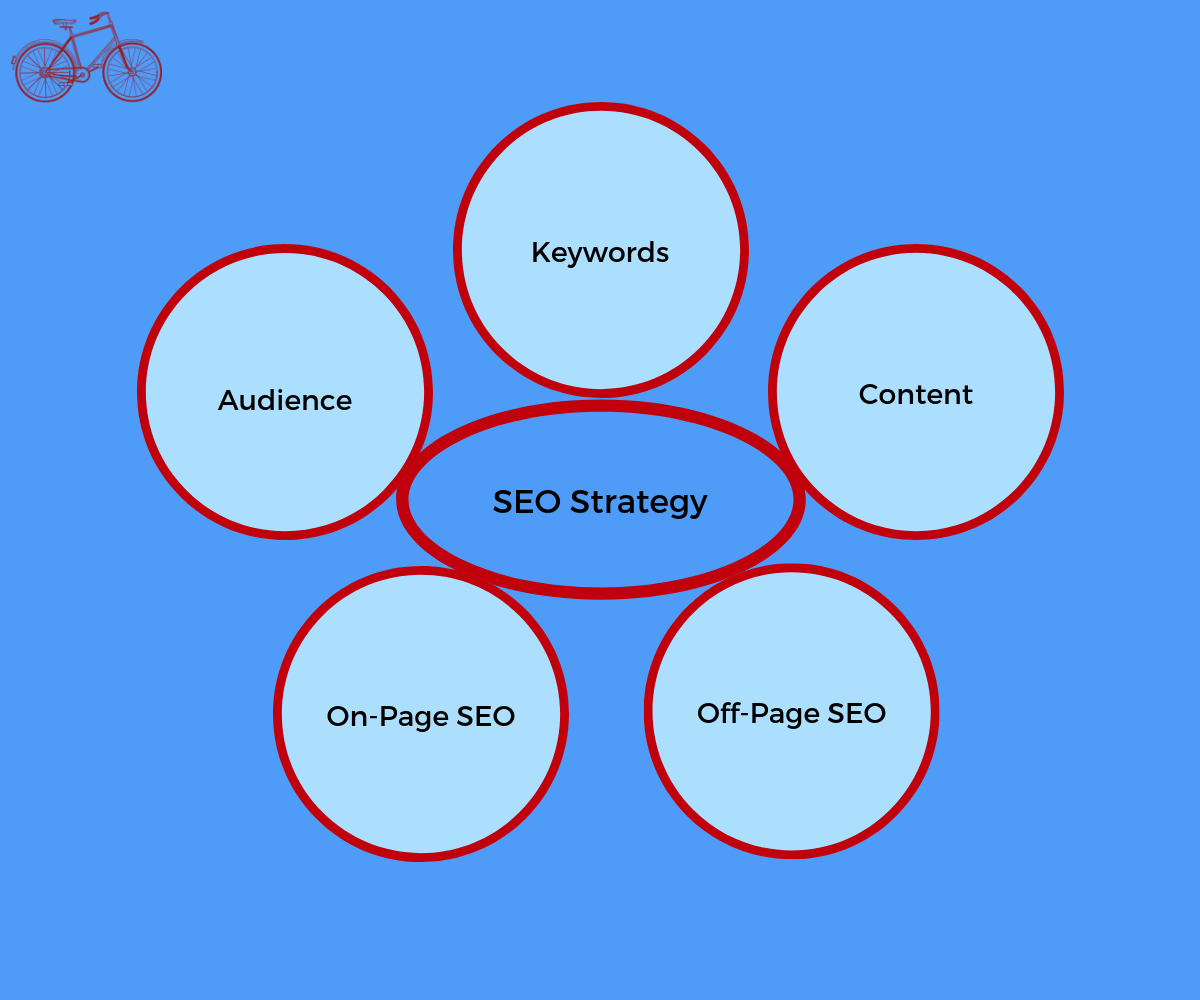
SEO is an important area of marketing strategy. It helps us effectively build awareness of our website, products, and company. It is scalable. And, it can have a fantastic ROI. That being said, understanding the basics and executing an SEO strategy is how we best use search engines as an effective marketing channel.
